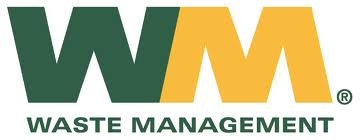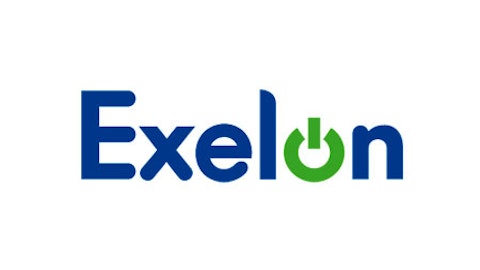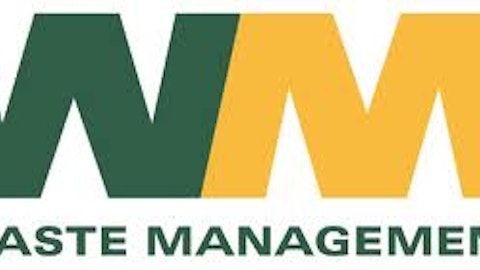Landfills stink. So does the garbage that fills them up, that’s why we pay companies like Waste Management, Inc. (NYSE:WM) to collect it and haul it away for us. Waste Management, however, loves our garbage. Taking it away for us is how they traditionally get paid. They have also been stretching out the amount of money they make from collecting our trash by generating power from the gas that seeps out of their landfills. According to the company:
“Our 110 landfill-gas-to-energy projects currently generate enough energy to power 400,000 homes every day offsetting almost two million tons of coal per year. These projects also reduce emissions of greenhouse gases into the atmosphere. It’s a true win-win for both companies and communities like yours.”

Utilities and landfill gas may go hand-in-hand in the future
More utility companies may begin to utilize landfill gas and turn it into electricity to power homes. Exelon Corporation (NYSE:EXC) , in fact, has been utilizing landfill gas for quite some time . The company converted an oil-fired plant in Fairless Hills, Pa., into a clean-operating landfill gas-fired power plant back in 1997, which resulted in the creation of the second-largest landfill gas-generating station in the U.S. Also, according to Exelon, the Fairless Hills landfill gas power plant has increased generation capacity by over 40% over the last 5 years. Waste Management also has ties to Exelon, providing a source of landfill gas in close proximity to the utility company at two of its nearby landfills.
The appeal of landfill gas
Landfill gas is not just for Waste Management and Exelon. is apparently looking into the matter. The company, along with local officials, is also wondering whether they can capture gas produced by landfills to generate electricity, at the Bartholomew County Landfill located in Columbus, Ohio. If successful, the company could help the local community as well, by turning the gas into electricity and possibly even netting a profit in the process (as opposed to the county landfill incurring costs to dispose of something that may be a valuable, green, and sustainable source of energy going into the future). A similar situation occurred in Indianapolis, where the power systems company Rolls-Royce, according to the EPA, has saved over $2 million by utilizing the gas, which is primarily used to heat two of their manufacturing plants.
The bottom line
Landfill gas can be utilized as a power source, and it is apparently better for the environment than its fossil fuel counterparts. Companies such as Exelon are taking advantage, and others are as well, such as Duke Energy Corp (NYSE:DUK).
The real question, however, is where to invest? Waste Management is at the forefront of this technology, and gets paid not only by selling the landfill gas, but by also collecting the garbage and waste that fills the landfills that create the gas they are selling. That sounds like a great business that will be able to generate profits even in hideous economic times that is worthy of your consideration for investment.
Sure, the trash business may not traditionally provide much growth, but with a dividend at almost 4% in a yield-starved environment, there is income being generated. Not only that, but the company has seemingly found a new potential outlet for growth in power generation that arises from what used to be a cost. They are turning garbage into gold. That’s also one of the reasons I’m bullish on Waste Management and plan to open a position on any future pullback.
The article Is The Future of Green Energy in Garbage? originally appeared on Fool.com and is written by Joseph Harry.
Copyright © 1995 – 2013 The Motley Fool, LLC. All rights reserved. The Motley Fool has a disclosure policy.





